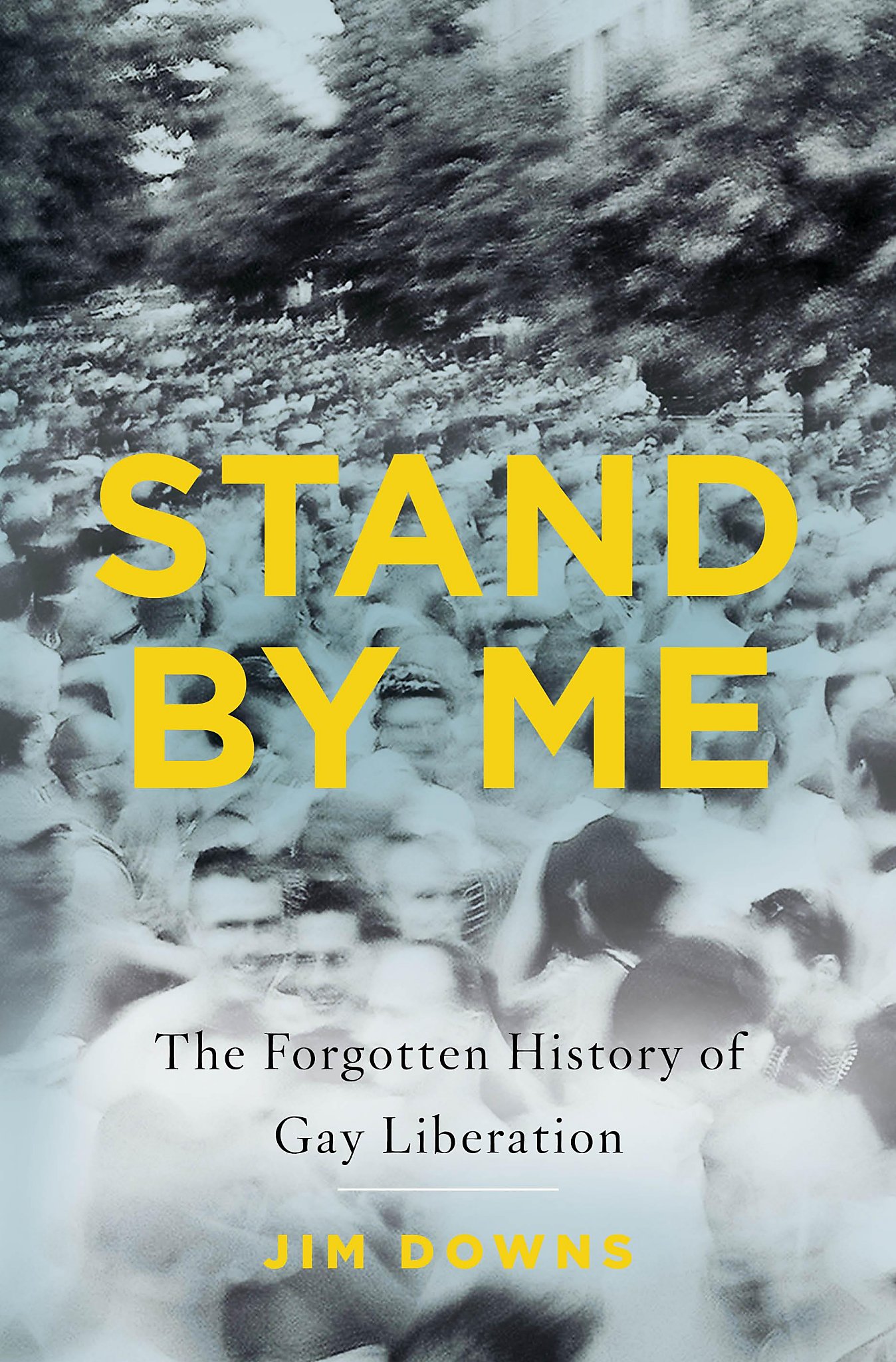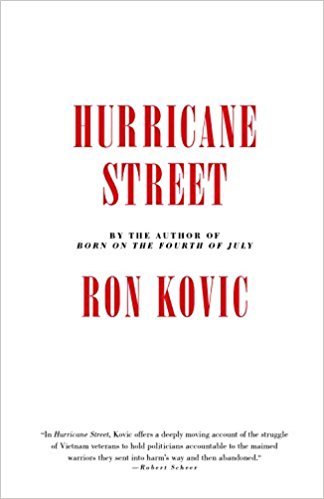Beyond the Call: Three Women on the Front Lines in Afghanistan
Women have served on the frontlines of combat for as long as we have had armed conflict. Sometimes they served as support personnel for combatants, and other times they were the combatants. In some cases, they needed to disguise their gender to earn the privilege to perform as combatants. The stories we have – not only from America or the Western world but also from the East – depict the bravery and courage that women exhibited as combatants and military strategists.
This book focuses on four women who lived through contemporary conflicts in the Middle East. The first story is of Jamila Abbas, an Afghani woman who flees her village with her husband and children for safety, and then flees again to get away from the Taliban (who executed her husband). In her efforts to help other Afghani women escape oppression, she became an activist for women’s rights, which put her in great danger. She was not without allies – specifically women from FET. Jamila’s story sets the stage for an ingenious plan to gather intelligence and change the hearts and minds of ordinary people in conflict-affected zones. FET (Female Engagement Teams) were formed to enable American female combatants to talk to Afghani women, and provide them aid in the form of necessary supplies (such as food and other basic necessities). As a result of this interaction, Afghani and American women formed lasting bonds where they trusted each other with vital information. The Afghanis were sometimes oppressed and deprived of their freedoms. They helped the Americans to save their children from being recruited by the Taliban. American women helped their units by gathering vital intelligence, as the Afghani women knew who was being recruited, who had visited the village, and other subtle but important information that is easily overlooked by traditional intelligence-gathering operations.
After Jamila’s story, readers encounter Sheena Adams, who ironically was also fighting to remove the limits (implicit and explicit) that were placed on women combatants. Adams proactively sought to get assigned to Afghanistan. After being injured by an IED while on vehicle patrol and taking part in active combat, she found her advancement blocked because she was given no credit for her combat services. Next, readers meet Maria Rodriguez, who was in Afghanistan to train Afghani women to become police officers. The challenge was not only from her unit but also from the provincial government, as women were required to have male escorts when traveling outside their home. The last of the heroes in this book is Johanna Smoke, who led an effort to register Afghani women to vote – effectively joining forces with Jamila Abbas and empowering Afghani women.
The book portrays a tiny piece of women’s fight for rights in a country where the male power structure opposing them is staggering. The narrative is matter-of-fact and may seem to lag at times. However, the reporting comes across as unvarnished, sincere, and believable.
| Author | Eileen Rivers |
|---|---|
| Star Count | 4.5/5 |
| Format | Hard |
| Page Count | 288 pages |
| Publisher | Da Capo Press |
| Publish Date | 2018-Nov-06 |
| ISBN | 9780306903076 |
| Bookshop.org | Buy this Book |
| Issue | February 2019 |
| Category | History |
| Share |








Reviews
There are no reviews yet.